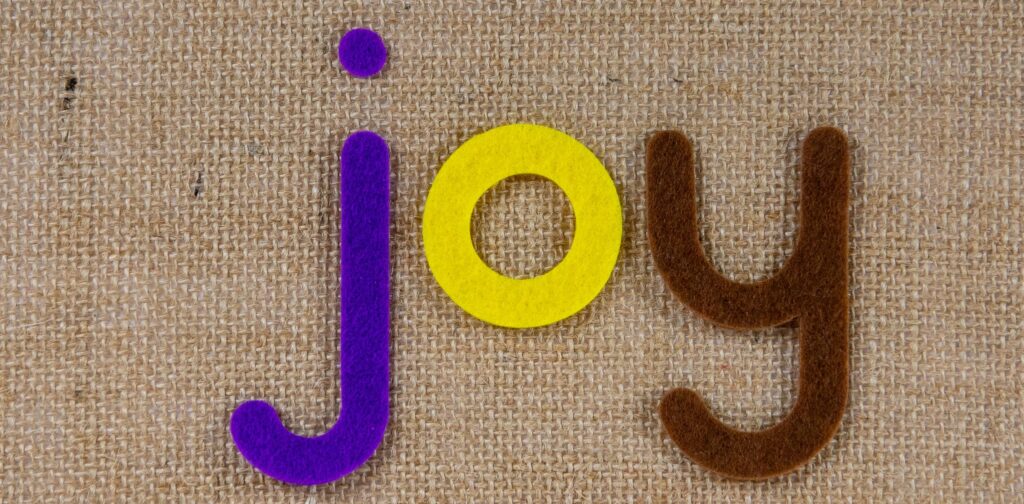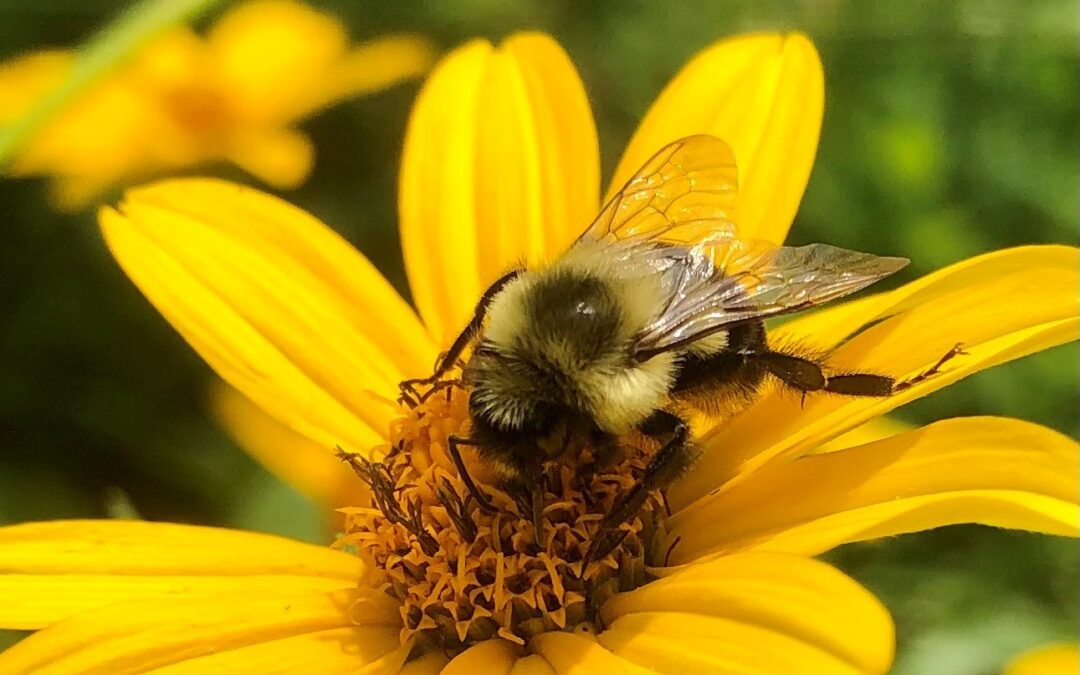
Fearless Benjamin: Bring This Children’s Book Into the World!
 on the life of Benjamin Lay, a courageous little person who stood tall against oppression. We can help make it happen, here at ➡️ this Kickstarter page.
on the life of Benjamin Lay, a courageous little person who stood tall against oppression. We can help make it happen, here at ➡️ this Kickstarter page.

 on the life of Benjamin Lay, a courageous little person who stood tall against oppression. We can help make it happen, here at ➡️ this Kickstarter page.
on the life of Benjamin Lay, a courageous little person who stood tall against oppression. We can help make it happen, here at ➡️ this Kickstarter page.

Here is a four-minute video (presenter: Beverly Ward, via YouTube; editor Cai Quirk) about art as joyous inspiration to live a climate-conscious life.
The understandable anxiety related to climate crisis can cause people to avoid information, and thereby miss opportunities for lifestyle changes. In this short clip, we hear how Beverly Ward draws on an already-existing love for improvisational Playback Theatre to find joy in the challenge to “work on the world we seek.”
“It is a fantastic idea,” says James LaFlame of Radnor Meeting, “to lean into our passions and frame climate crisis through them!”
Asking people for their first memory of being outdoors hit home for James. “Mine came to me quickly and very vividly, including smells.”
That sensory connection touches people at a different place than facts about temperature and sea level rise do. Instead of overwhelming people, Beverly begins with what we want to save—what gives us joy.
How can we live fully, and fully accept the challenge of living on our planet’s terms? From under the weight of climate reality, what joy can we tap into? How can we channel doing what we love into saving what we love?

It’s often said that it takes more muscles to frown than to smile. There is an inherent simplicity and ease in smiling. To love, likewise, is simpler than to create distractions from love. Peace, too, is the simple way. Simpler than war, simpler than hate, simpler than the endless desire to dominate that humanity so often displays.
In a world entangled with complex human systems that introduce increasing levels of chaos into our lives, it’s simplicity that offers an appealing path forward. There is wisdom in simplicity, and it calls us to live a life aligned with it.
Instead of structuring our society on tiered systems of wealth or clout, simplicity calls us to seek out ways of living in harmony with our planet and all who inhabit it. We’re interconnected – not only as members of our communities, but also as part of Earth’s broader ecosystem. Our individual and collective actions impact not only our immediate lives and communities, but our planet as a whole. Consumerism – the quest for the newest, the best, the most – diminishes planetary resources while simultaneously increasing pollution and global warming. It also oppresses communities around the globe who struggle under the pressure of exploitative economic systems that prioritize profits over people.
“The Earth is what we all have in common.” That’s Wendell Berry, the farmer and author, speaking to finding unity in the power of each other and our Earth. We are interdependent; no one is complete apart from the rest. How often and how deeply do we acknowledge our beautiful, sacred connections?
Buildings may crumble into the rising seas or human wars. Yet nature endures – a powerful force striving always to regenerate and heal. When we side with the power of nature, the effects can be impressive. One vivid example is the resilience of mangrove forests. After deforestation, corridors of mangroves along a river can regenerate fully within mere decades. This is a testament to the Earth’s ability to renew and heal itself. When we listen closely, we hear Earth calling us to follow its lead and do the same in our communities.
We have come to understand the importance of native gardening. We appreciate all that happens when nature thrives on its own terms.
And we have come to understand that some people are not to be owned, controlled, resocialized, or exterminated by others. We now know the Doctrine of Discovery was a profound mistake, advanced by European settlers who misused religion to justify it. Continuing revelation brought us to understand and support reparations for those our ancestors have exploited.
Will we similarly come to rue humanity’s systematic exploitation of living communities beyond our species? Given that we have no b iological need for this habit, is it, too, relinquishable? Imagine how different, how much freer, our living Earth would be if we stopped chasing, confining, and commercializing other beings—and if we simply grew food, not feed. This would support a resurgence of biodiversity and help us coexist with Earth’s climate system. It would also relieve some of the least privileged among us from the work of repetitive killing, along with the resultant injuries and traumatic stress.
iological need for this habit, is it, too, relinquishable? Imagine how different, how much freer, our living Earth would be if we stopped chasing, confining, and commercializing other beings—and if we simply grew food, not feed. This would support a resurgence of biodiversity and help us coexist with Earth’s climate system. It would also relieve some of the least privileged among us from the work of repetitive killing, along with the resultant injuries and traumatic stress.
As inhabitants of Earth, we are given a sacred calling – to sustain our world and all its living beings. As Earth itself teaches us, the best approach is not domination, but simplicity.
We’re part of this society, yet also of Earth’s web of life. We imagine how much better we could be at sensing this, and how soon the results could be observable, and what a relief it would be to see the transformation.
We imagine the type of world we could inhabit if we, both environmentally and socially, truly embraced simplicity, solidarity, and love. By treating all living communities and our planetary systems with respect, we could foster societies where division, war, and strife are replaced by peace. For peace is a principle that promotes love over division, and solidarity over hierarchy.
We thank you so much for reading this far, and look forward to connecting with those who feel called to contribute to the urgent work of our time. Our Climate Action Committee is advancing dialogue to inspire actionable commitments to a more sustainable and equitable humanity. We’re eager to explore our transformative potential together.
By SJM and Lee Hall
Climate Action Committee
—
Photo credit: Vincent M.A. Janssen (Pexels/Canva).
EMERGE (click on the word to open PowerPoint in Windows) is a slide deck first presented at our fellowship gathering on Sunday the 21st of April 2024, featuring the photography of Michael Zager. Much more about EMERGE (which we hope you will help develop) on a new interactive website now in the web design stage. This could be a visual brochure of that project. Enjoy.

Today we’d like to talk about a good starting plan for landscaping modification, with some observations from Doug Ross, who is offering vital know-how and experience.
This task is important to do, and it will bring rewards. Here’s why.
The Climate Action Committee notes Pennsylvania State Representative Melissa Shusterman’s proposed “Lawncare Taskforce to Combat Emissions.” As an aside, can we find less bellicose vocabulary? It seems our society wants to combat or to war on something to prove we take it seriously. As a matter of peace-seeking, we want to work with and preserve our climate to the extent possible, not fight its attempt to seek balance, right?
OK, back to the matter at hand.
A few weeks back, rep. Shusterman wrote in an email blast: “Did you know that operating a commercial gas leaf blower for one hour releases the same amount of air pollution as driving a car for 1,100 miles?” PennEnvironment’s recent study on the impact of leaf blowing came out with “staggering” data that prompted Shusterman’s mission “to phase out gas-powered equipment without impacting businesses and jobs”—a mission that Radnor Meeting could get behind.
The Landscape Committee has been communicating about creating a beautiful demonstration wildflower patch. A starter wildflower garden will benefit pollinators and effectively absorb storm run-off.
Keith suggested a modest strip along the playground fence, visible on a walk to the First Day School and Montessori School.
Doug intends to put leaf cover on a small patch, and carry out early care and perhaps a bit more planting, perhaps in collaboration with Main Line Montessori.
As this unfolds, we can project the work through social media, maybe even for the Radnor Township newsletter…And we can keep our sights on a local Eco-Friendly Yard award to bring attention to our work and the township’s. Surely the township should be encouraged for what it’s trying to do.
About getting past the leaf-blowers and lawn chemicals, Doug says:
The best solution is to turn most of your lawn into a no mow zone, meadow or best of all into a wildflower preserve. Ironically, the wildflower preserve turns out to take the least amount of time and energy in the long run when compared to all the alternatives—including regular lawns. Here I must emphasize the LONG RUN since properly establishing an attractive and functioning wildflower garden requires care and attention in the first year. Usually it takes a couple of years for the plants to develop a deep root system and to become thick enough to prevent space for weeds to invade. After becoming established the wildflower plot is very low-maintenance.
Great to know what we’ll be looking at. This plot will need to be mowed only once a year (probably after the birds have taken advantage of the seeds over the winter), explains Doug.
Doug plans to bring a mix of resilient wildflower seeds designed to blossom from late May to October. Doug is asking for a helper and a small load of mostly weed-free topsoil.
“Thanks for spreading the word about the importance of fall leaves!” writes Doug. Take a look at the great synergy with Doug’s work at Foulkeways:
Our Environmental Stewardship Committee here at Foulkeways is making some progress in spreading the “Leave leaf lie philosophy” as well as expanding our no mow zones, meadows, wildflower gardens, and “Tiny Forest” areas (that rely on leaf mold mulch until our ground covers are well established).
The Year of the Dragon could be a great one for environmental awareness at Radnor. Let’s go!
On 8 Feb 2024, Doug sent this update:
[Banner image: Bumble bee on bright yellow wildflower in a Pennsylvania meadow, by Lee H.]